Invest in Indigenous Youth
Snuw’uy’ulh for Success
We have a goal of raising $10 million dollars so we can activate our dreams and visions of healthy, thriving Indigenous youth and communities.
Snuw’uy’ulh (pronounced snu-WHY-uth) are teachings from our loved ones and Elders and are integral to our practice and goal of creating thriving communities.
Intergenerational Gifting
Your will could support our work with Indigenous Youth and community and save you taxes too. It’s a creative way to give and can leave an incredible legacy that lasts for generations.
Reciprocity Giving
Coast Salish Elders and Knowledge Holders teach us about the ethical connection between generosity and reciprocity: To give is to reciprocate our abilities and resources to fulfil our collective responsibility to ensure a mutually benefiting existence for all our relations.
Though the Kw’umut Lelum Foundation, activating reciprocity is done through different ways of giving, to support a foundational part of building our mutually benefitting existence: investing in the potential of Indigenous youth and communities.
Our donors support reciprocity giving in a number of ways—some are outlined below. We can also work with potential donors who may have other creative ways to build a gifting relationship.
If you would like to meet to discuss the different options, please reach out to Executive Director Sharon Hobenshield at shobenshield@klfoundation.ca.
Gifting Options
-
Cash donations are always welcome and the easiest way for donors to get involved! Head to our Donate Now page and simply indicate how much you’d like to give (depending on the amount donated and annual income, donors can receive up to 53.5 per cent in tax credits).
-
Individuals or corporations can choose to donate listed securities (such as shares listed on a stock exchange) and in turn, receive a donation credit for the full fair market value of the securities.
-
Donors can gift shares before they sell them or donate shares with the intent that they be sold by the Foundation over a longer-term to help provide sustained funding. There are a number of benefits to this approach including reducing income tax and probate costs.
-
Donors can sell their stocks and immediately donate the proceeds, or choose to donate unredeemed stock options to the Foundation, which can then exercise the right to sell them: both options ensure a tax credit for the donor.
-
• Land and buildings: Buildings and/or land that is held as capital property can be donated without any tax exposure.
• Wine: A wine producer or seller of wine can donate from their inventory and receive an official donation receipt for the market value of the gift.
• Artwork: Art donations from both artists and art dealers can result in tax credits for donors and other related benefits.
-
Potential donors can give from their RRSP and/or RRIF during their lifetime, which means they can have an immediate impact without triggering tax liability. For donors with a high level of income, they may be able to use their donation credit to entirely offset any tax arising on the RRSP/RRIF withdrawal.
-
If an individual has an insurance policy that’s no longer needed, they may be able to donate it during their lifetime to provide financial security to the Foundation and get a donation credit.
-
There are a number of ways to make a donation through a Will, which can have beneficial tax offsets for the donor, including making a specific bequest.
-
Naming the Foundation as a beneficiary of the donor’s is an impactful and straightforward way to give support—at the donor’s passing the Foundation receives the funding and the donor’s estate can claim a donation credit to help offset taxes owing on tax filings.
-
A donation of shares and other property can also be made through a donor’s Will.


